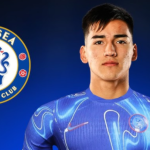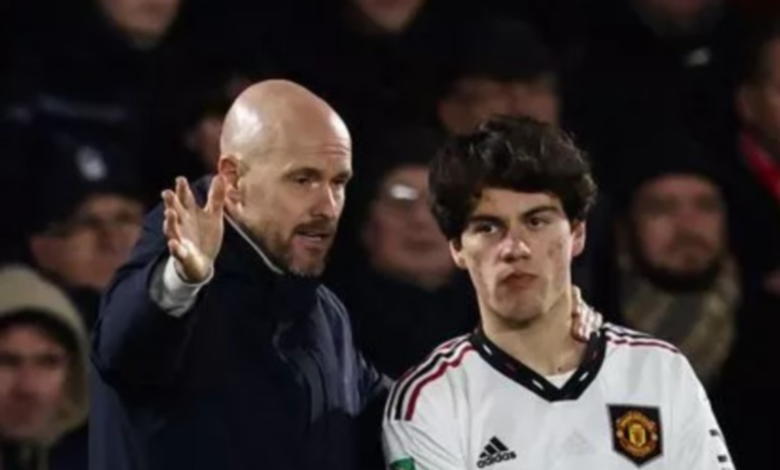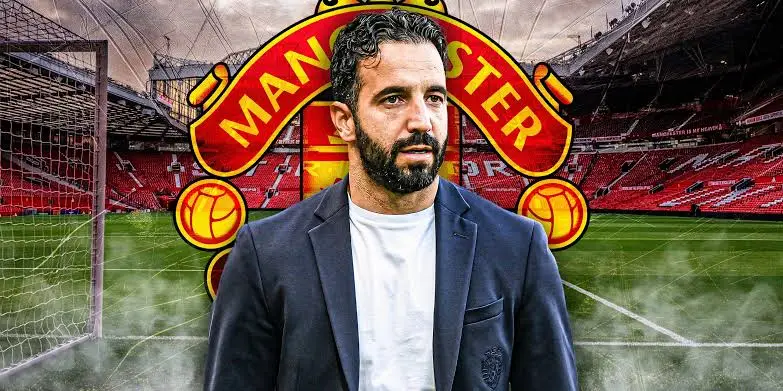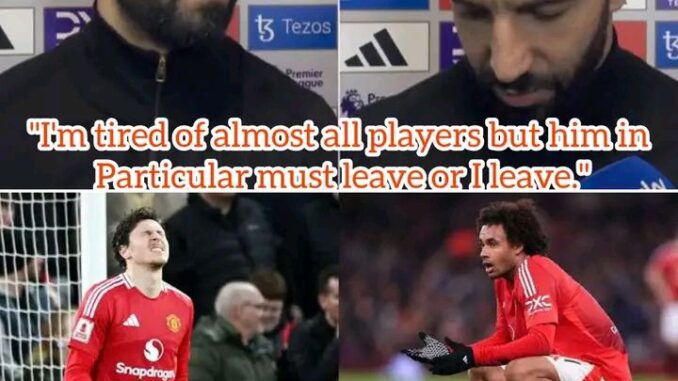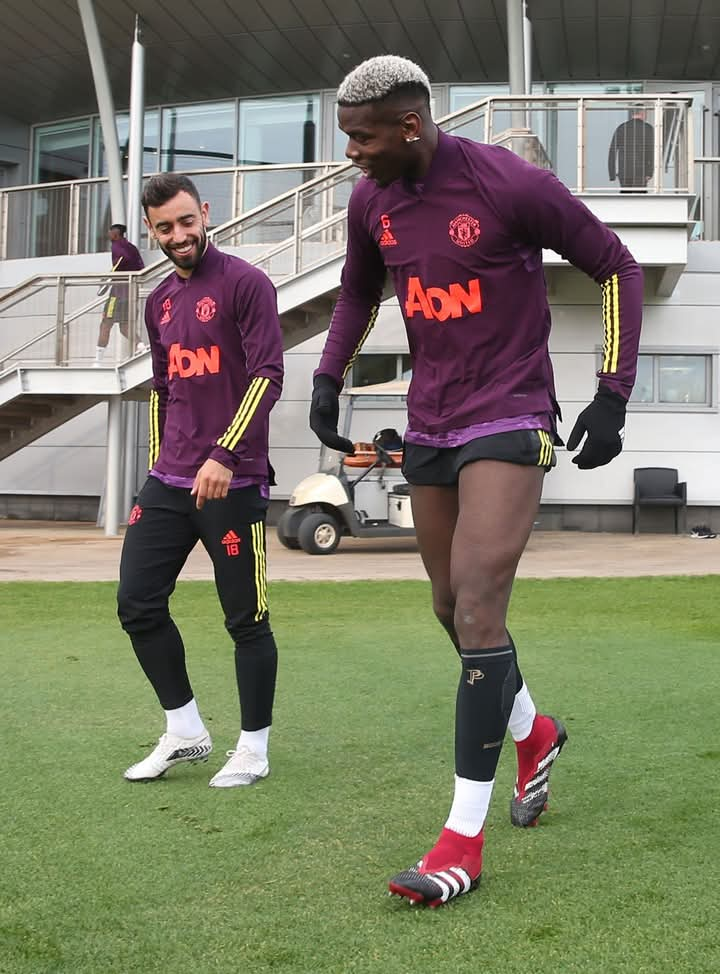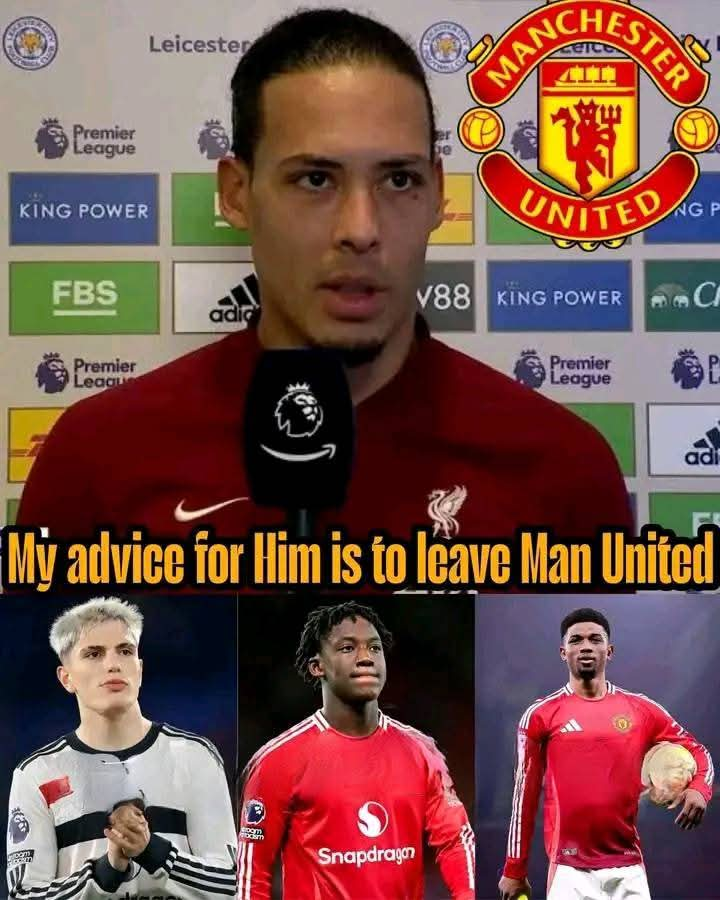Manchester United’s choice to part ways with Facundo Pellistri exemplifies the kind of strategic transfer decisions the club should adopt more frequently. For a team aiming to reassert itself as a shrewd player in the market, this move is highly appropriate.
Although Pellistri is a skilled winger, it has become evident that he does not fit into Erik ten Hag’s future plans. Despite his potential, breaking into United’s starting lineup appears unlikely for him at this moment. Thus, instead of allowing his talent to diminish while he remains on the bench or in the reserves, the club is astutely opting to sell him while his value is still substantial.
In the past, players like Pellistri might have been let go for nothing, missing the opportunity to leverage their market value. This sale reflects a shift towards a more pragmatic strategy, where United seeks to maximize returns on players who are not expected to have a significant impact on the first team.
This decision is advantageous for all parties. United will gain additional funds to reinvest in more critical areas, while Pellistri will have the opportunity to advance his career at a club where he can play regularly and grow, rather than remaining in a stagnant position at Old Trafford.
In summary, selling Pellistri is a logical step for both the club’s financial stability and its long-term strategy. It demonstrates that United is beginning to adopt a more thoughtful and proactive approach in their transfer activities.
